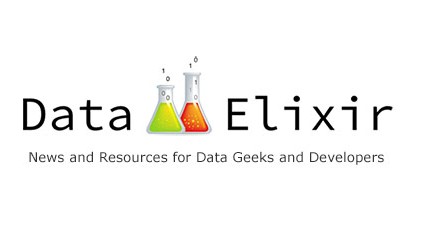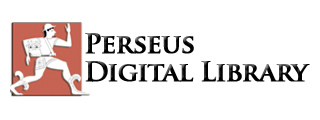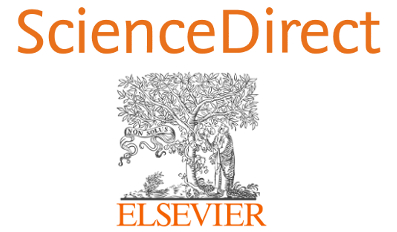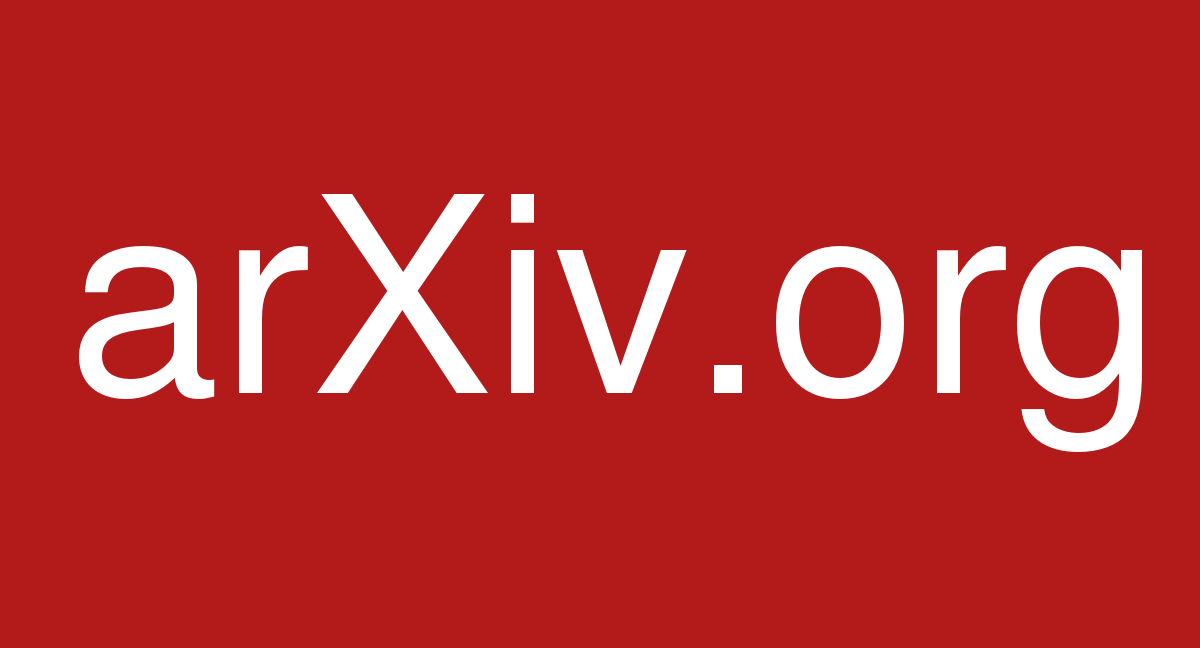Source: https://www.tckpublishing.com/best-online-research-tools/

The internet has changed the face of research: Now, just about anyone can search for and find information on nearly any topic they can think of. But real, studious, academic research has in some ways become more complicated: How do you know what sources to trust? How do you even begin to sift through the mass of information that’s available?
Online Research Tools
Whether you’re looking for primary sources or just need a way to organize your tasks and information, there’s a tool out there for you.
You might also like to learn about how to speed up your typing to help finish your research faster.
1. Todoist
Sure, research is an academic pursuit, but it can also be a logistical nightmare. Enter Todoist. This tool allows you to manage all of your tasks and projects from anywhere. Access and accomplish tasks from a desktop computer, laptop, or smartphone. You can even collaborate on projects.
2. EndNote X9
EndNote is designed for collaborative research: You can share, save, tag, and search for sources, organize and create bibliographies, authorize editing permissions for teammates, and track activity in your projects.
3. Zotero
Zotero will help you keep track of all your online sources with their handy browser extension, then sort them into categories and automatically create bibliographies. Plus, you can sync your library across devices and share with collaborators and students.
4. RefWorks
RefWorks is a browser-based tool which helps learners find the right research data. It also organizes and stores the data for you so that you can easily share with partners and teammates. RefWorks automatically generates proper citations as well as bibliographies in every style.
5. DataElixir
DataElixir keeps you up-to-date on all of the latest data science news and developments through a weekly newsletter. This curated roundup will tell you everything you need to know about the ever-changing world of data science—essential for any researcher.
6. Paperpile
Similar to Zotero, Paperpile is a reference management software which operates as a browser extension. Use it to find and import data from platforms like Google Scholar, PubMed, or arXiv. Collaborative editing is a breeze with Paperpile since you can easily export all the PDF documents and data to Google Drive.
7. DeepDyve
DeepDyve offers access to millions of scholarly, peer-reviewed journal articles in one place. There is a monthly subscription fee, but it’s still less than you would pay to buy individual articles or multiple journal subscriptions. Plus, they allow you to store and save your searches and clicks so you can easily find your previous sources.
8. ContentMine
ContentMine offers open-source code that you can use to mine data from open access academic papers, tables, graphs, and more. The idea is to save researchers time and increase accuracy and understanding.
9. Artcyclopedia
Artcyclopedia is a great resource for information on artists or art movements. The site provides links to museums worldwide so you can see over 8,200 works by all kinds of artists, from painters and sculptors to photographers, decorative artists, and architects.
10. BioMedCentral
BioMedCentral publishes peer-reviewed journals on a variety of topics, all of which are open source and available for free. Their scientific articles are high-quality and available to anyone, and their fast publication process means that you can access the most up-to-date information immediately.
11. Digital History
An archive for sources such as gravestones, historical advertisements, letters, and more, Digital History is a valuable resource for those who seek information on United States history. They offer overviews of many periods of history through a brief “textbook,” as well as essays on film, private life, science and technology, etc. They also have an extensive audio-visual archive.
12. FindArticles
FindArticles allows you to search articles from about 500 print periodicals with coverage back to 1998, and usage is completely free of charge. While some of the more popular magazines aren’t included on FindArticles, the collection is broad enough to be useful for many topics. It’s no substitute for most library article archives; however, it can be a great resource for simple article searching.
13. Internet History Sourcebooks
Internet History Sourcebooks offers an extensive collection of public domain and copy-permitted historical texts. It provides relevant primary and secondary resources on many historical periods, from ancient to medieval to modern, as well as cultural histories sorted by geography, religion, gender, and more.
14. Library of Congress
You’ve heard of the Library of Congress, but did you know about the volume of online information it offers? Especially for someone interested in American history, the Library of Congress is a worthwhile resource that can equip you with loads of data you can’t find elsewhere. The American Memory Collection contains a wealth of materials on American history including thousands of photos, maps, documents, sheet music, and even online exhibits. In the event that you can’t find what you’re looking for, you can ask a librarian through an online form.
15. Perseus Digital Library
Perseus Digital Library presents searchable historical texts, many of which are in their original language. You can find a wide range of texts, from ancient Greco-Roman to Renaissance and beyond. They also have a collection of images of Greco-Roman art and archaeological artifacts.
16. Project Gutenberg
Project Gutenberg, aptly named after the inventor of the movable type printer, provides web access to over 59,000 completely free eBooks. The largest collection of free books on the internet, Project Gutenberg’s goal is to digitize every book that is not under copyright. They offer an extensive array of classic books published before 1900.
17. Research Guide for Students
Research Guide for Students offers guides on how to write a variety of research paper elements, from how to write a critique to how to write a chemical formula. It also offers writing tips for students, research paper examples, literature guides, and more.
18. U.S. Government Manual
If you’re looking for information specifically about the U.S. Government and its branches and offices, the U.S. Government Manual is the place to look. It provides extensive data on the agencies of the legislative, judicial, and executive branches. Furthermore, it includes information regarding semi-official agencies, international organizations the United States participates in, and boards, commissions, and committees.
19. Proquest Dissertations and Theses Search
The Proquest Dissertations and Theses Search archive contains 2.3 million dissertations written by graduate students. This is a valuable resource for your own research as well as to ascertain what topics have already been covered by other dissertations, if you are writing one of your own.
20. Google Scholar
Google Scholar returns search results for publications in countless academic journals. If you look at the right-hand side of the search results, Google Scholar will show you if a PDF is available for each article. Google Scholar works just like Google and is arguably the world’s top scholarly search engine.
21. PubMed Central
PubMed Central is by the U.S. National Institute of Health’s National Library of Medicine. It’s free to use and search their database of approximately 4 million academic articles in the medical and biological sciences. PubMed searches return abstracts only, although many full-text articles are available through external links.
22. Web of Science
Web of Science is a publisher-neutral citation index where you can find high-quality, curated journal articles. Their advanced, rigorous search tools allow you to easily discover new information. You have to pay to access it, but if you’re a regular researcher, it could be a worthwhile investment.
23. Google Books
Google Books allows you to search the full text of millions of books, and returns results that are relevant to your research. For books no longer under copyright, you can view the book in its entirety right on the site; others you can buy or find in local libraries.
24. JSTOR

JSTOR allows you to search a wide variety of academic journals, books, and primary sources. You can search by subject, title, or publisher. Although it is a subscription service, you may be able to get access through your library—or you can search their open-source database.
25. Questia
The Questia digital online library is made to help students, especially those in the social sciences or humanities, do high-quality research and write papers. Questia’s sources selected by librarians, approved by professors, and are peer-reviewed. It includes more than 94,000 academic books and more than 14 million journals, magazine, and newspaper articles.
26. Ingenta Connect
A great resource for published scholarly papers, Ingenta Connect offers academic content from 300 publishers. It provides you access to the largest linking network of its kind online and is also ideal for publishers who are newbies in putting up online content.
27. ScienceDirect
Elsevier, one of the biggest publishers of science content, offers access to their entire archive through ScienceDirect. ScienceDirect is built on a wide range of trusted, high-quality, interdisciplinary research. Its aim is to help you find answers to the most pressing research questions.
28. Project MUSE
Hosted by Johns Hopkins University, Project MUSE mainly focuses on digital articles and book chapters for humanities and social sciences researchers. It was founded as a non-profit collaboration between libraries and publishers.
29. IEEE Xplore
IEEE Xplore is a specialized search tool for highly-cited publications in the fields of electrical engineering, computer science, and electronics. A subscription grants access to scientific and technical content published by the Institute of Electrical and Electronics Engineers and its publishing partners, including journals, conferences, standards, books, and courses.
30. The Association for Computing Machinery Digital Library
The Association for Computing Machinery Digital Library is comprised of all ACM publications, including articles, conference proceedings, magazines, newsletters, and books, as well as a curated collection of full-text sources from other publishers.
31. arXiv
arXiv is the largest collection of open-source papers in mathematical fields: physics, mathematics, computer science, quantitative biology, quantitative finance, statistics, electrical engineering and systems science, and economics. It is hosted by Cornell University.
Have you used any of these research tools before? Which one works best for you? Let us know in the comments below.
If you liked reading this, you might also like these other posts:
- How to Double or Triple Your Typing Speed
- How To Write A Nonfiction Book
- 5 Best Productivity Apps for Writers
























No comments:
Post a Comment